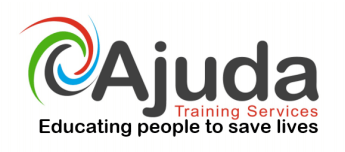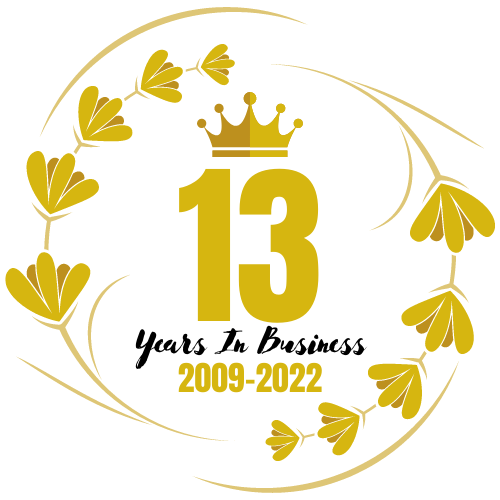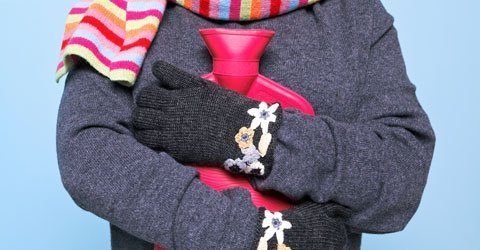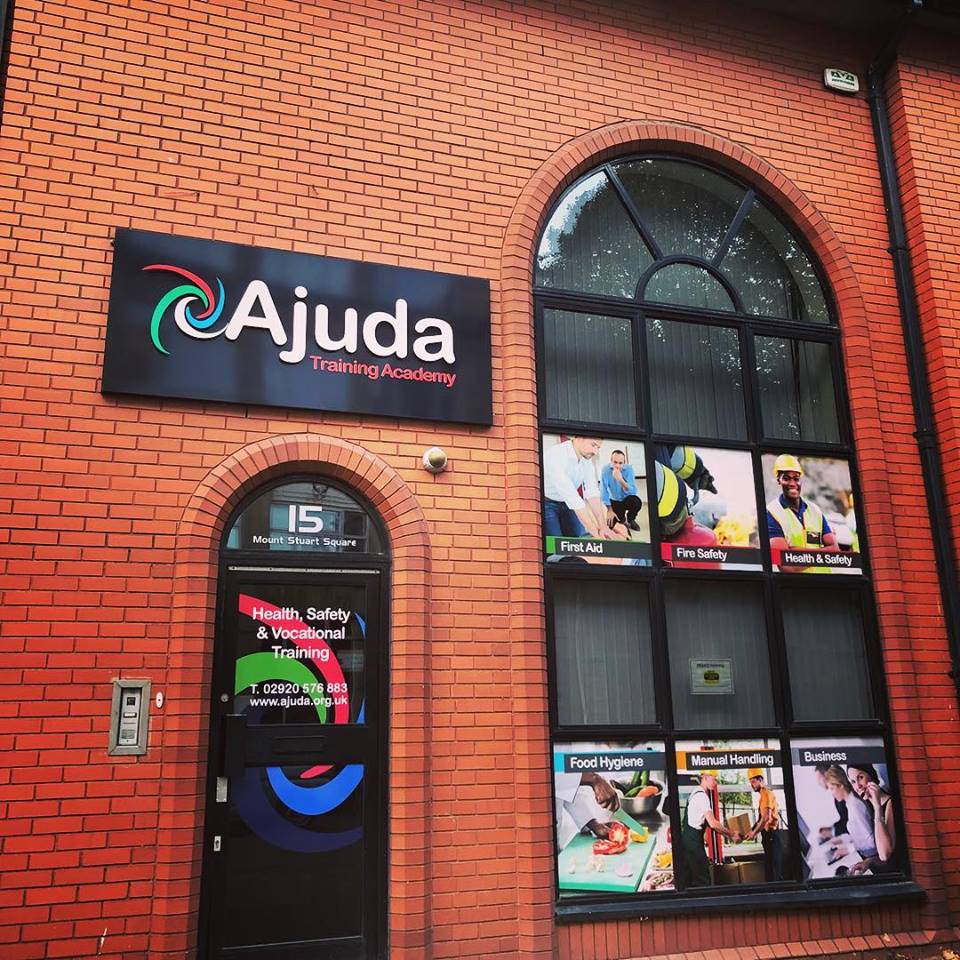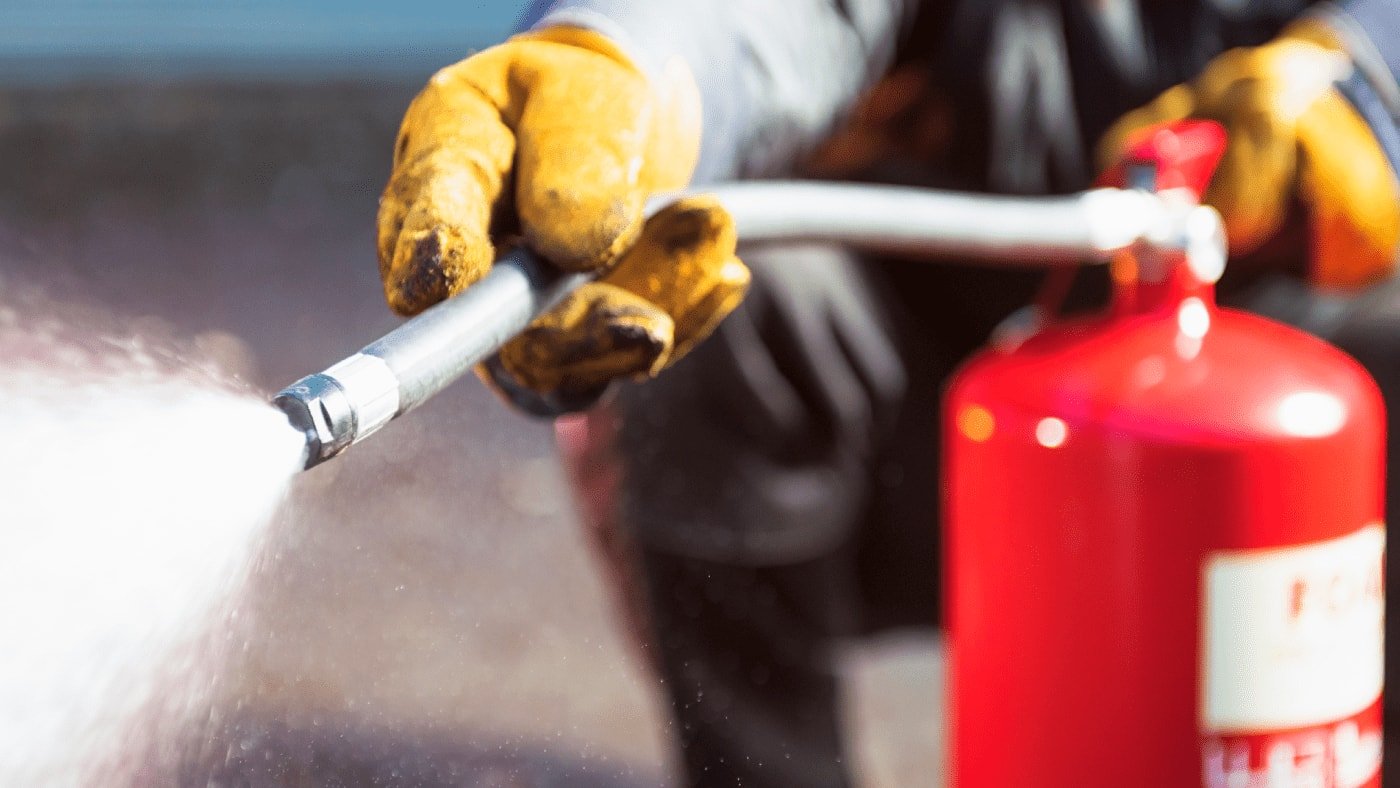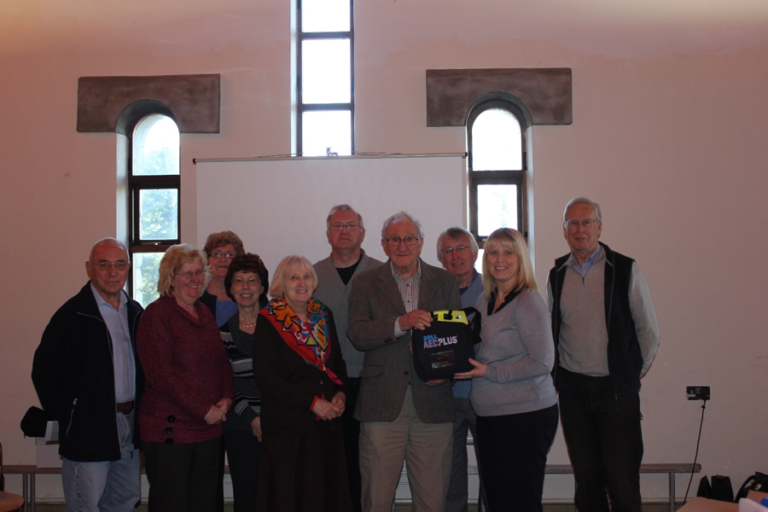With colder weather on the way, it’s really important to remain fit and healthy at this time of year to help your body fight off the common colds and viruses that are circulating. Eating well, wrapping up warm and carefully planning your journeys are simple ways stay safe during winter. This blog highlights some of the first aid tips you may require over the winter months and potential hazards to look out for. It is essential to maintain body heat during winter to avoid hypothermia. Ideally, the temperature indoors should be at least 18 degrees. If you cannot afford to keep the heating on all winter (it can really add up!) then keep adding the layers, have accessible blankets around the house and hot water bottles which are particularly useful and a cost-effective way to keep extra warm indoors. If you are venturing outside, ensure to wrap up warm and add layers such as, hats, scarves and gloves to prevent you from getting too cold. Unfortunately, hypothermia is a huge danger at this time of year. The number of hypothermia deaths has doubled over the last five years. It is really important to learn the signs of hypothermia which include pale and cold skin, shallow breathing, a weak pulse and disorientation. If you suspect someone is suffering from hypothermia, then it is vital to encourage the to undertake the following: – Slowly restore warmth and get indoors if they are not already – Begin CPR if necessary – If they are conscious, give them a warm drink such as – Keep their body temperature up by wrapping them in blankets – Wear several light layers rather than one chunky layer – Regular hot drinks and meals – Be very careful around open fire – Close the curtains after dark to keep away drafts – Keep your hands clean to reduce germs spreading – Stay active – Keep windows closed at night As mentioned in the introduction, cold weather can have a detrimental impact on your health. There are many preventative measures that can be taken to ensure that you are fit and healthy throughout the winter months and avoiding sickness: – Enquire about getting the flu jab – Take multivitamins – Maintain a healthy diet – Have hot meals and drinks where possible – Invest in a hat, scarf and gloves and a good coat – Exercise and keeping active helps to maintain body heat amongst many other health benefits When the temperature drops to below 8 °C some people particularly vulnerable people such as young children, people with existing health conditions, people with a low income and elderly people become at risk of various problems: – Heart attack – Stroke – Pneumonia – Falls and injuries – Hypothermia During the winter, travelling can become particularly hazardous. Take extra care when walking outdoors as footpaths can become slippery. Invest in a sensible pair of shoes with good grip to help to prevent slips and trips. If you are driving, it is important to be aware that the roads can become slippery and dangerous. It is a good idea to have a winter first aid kit stocked in the car including blankets and water in case you break down. Other driving essentials during this time of year include an ice scraper, winter screen wash, de-icer and a foil blanket. As well as ensuring that you take all of these measures to stay healthy, please look out for vulnerable people and do what you can to help them to keep warm. Perhaps consider donating blankets, hot water bottles and tinned food to those in need. Drive calmly and safely to prevent being involved in an accident. If you are interested in learning more about learning basic first aid skills, please book yourself a place on one of our open first aid courses.
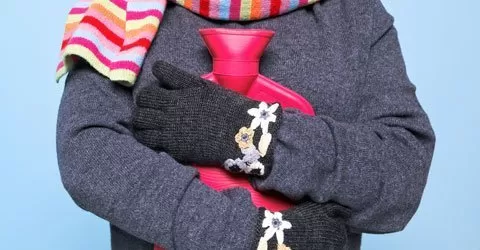
Cold Weather
Keep warm
Further tips for keeping warm and staying safe:
Keep healthy and fight the cold
Travel safely
We hope that this blog has given you some basic ideas about how to stay safe during winter.
Tag: health and safety
Make your Christmas memorable for the right reasons
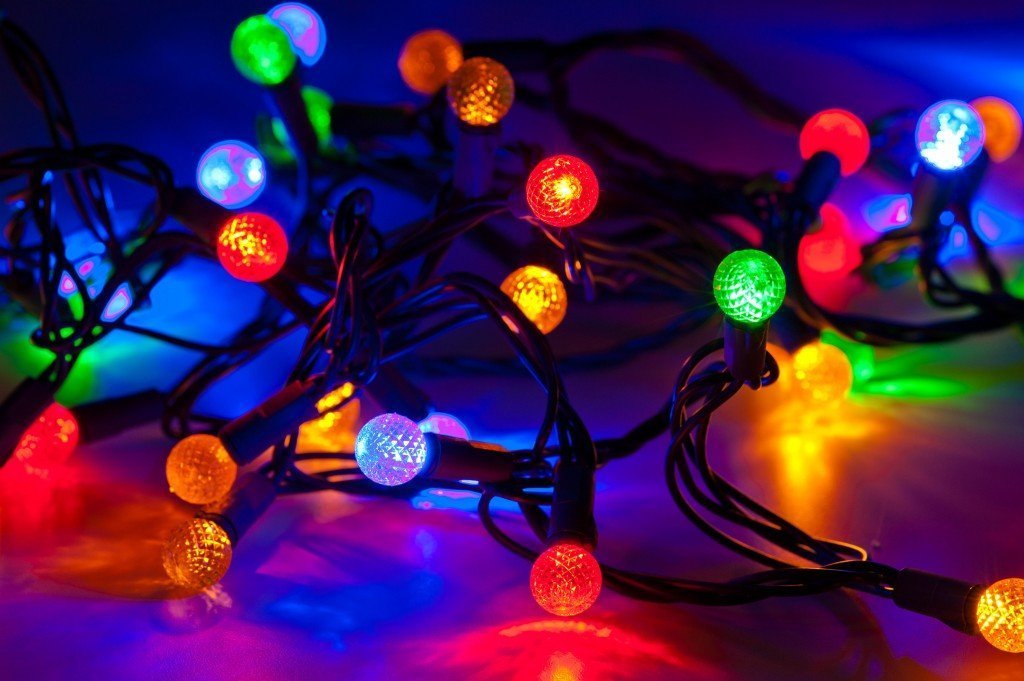
According to the Royal Society for the Prevention of Accidents (RoSPA), more than 6,000 people will end up in hospital on Christmas Day and over the Christmas period more than 80,000 people visit A&E and these numbers appear to be rising.
Not only is there an increase in admissions due to common winter illnesses, hospitals in the UK see thousands of people treated for Christmas-related injuries. Christmas sees injuries from knives, trips (e.g. from fairy light wires), food poisoning and burns. With serious incidents such as house fires also being more common than during other times in the year; People are 50% more likely to die in a house fire over Christmas than at any other time of year.
Approximately 350 people a year are hurt by Christmas tree lights, according to RoSPA. Injuries include people falling while they’re putting them up, children swallowing the bulbs, and people getting electric shocks and burns from faulty lights. RoSPA’s advice is to ‘Test your lights and the wiring before you put them up, as they can deteriorate over the years. If you have old lights, buy new ones that meet higher safety standards, don’t overload sockets, as that’s a fire risk.’
To put these risks into perspective, here are just a few Christmas accident statistics:
– Since 1996, 31 people have died from watering their Christmas tree with the lights plugged in
– 1 in 10 people burn themselves while setting fire to Christmas pudding
– 350 people a year are hurt by Christmas tree lights
– 1,000 people a year are hurt when decorating their homes
– 30 people die from food poisoning each Christmas
– People are 50% more likely to be in a house fire at Christmas than at any other time of the year
Here are some handy hints to keep your house safe:
– Do not leave candles unattended (this advice should be followed throughout the year)
– Ensure Christmas cards and wrapping paper are kept clear of open flames (e.g. do not hang cards above the fireplace and do not light candles near cards)
– To reduce the risk of trips, slips and falls, keep holiday clutter to a minimum (e.g. invest in a cable tidy to keep stray wires minimal)
– Watch out for small items that could cause a choking hazard, particularly in young children (e.g. Christmas cracker prizes)
– Open packaging with scissors not knives to avoid careless injuries
– If you have old Christmas lights, consider investing in new ones which will meet much higher safety standards
– Keep the lights switched off until the Christmas tree is decorated and don’t let children play with the lights (some have swallowed the small bulbs)
– Don’t overload sockets
– Don’t let bulbs touch anything that can burn easily such as paper (this includes decorations)
– Keep glass baubles out of reach of toddlers and pets
– Don’t be tempted to leave the lights on when going to bed or when leaving the house
– Follow the instructions on the turkey and don’t risk short cuts as it takes hours to cook a turkey thoroughly (uncooked turkey can cause salmonella poisoning, which can be life-threatening for vulnerable people)
– Do NOT drink and drive!
Take this advice on board to ensure that your Christmas is memorable for the right reasons. Have a lovely, safe Christmas and a very Happy New Year. If you have any other suggestions on ways to stay safe over Christmas, please Tweet us on @ajuda_training.
To book yourself onto any of our valuable, life-changing courses (such as, First Aid, Health and Safety or Food Hygiene) in the New Year, please see our Course Calendar and use our new online booking system to book your place. To view our Christmas opening hours, please click on the picture below.
Learn lifesaving skills at Ajuda this June
Each month we provide courses at Ajuda Training Academy
June is jam packed with training courses that you can come along to from First Aid to Health, here’s the full calendar for this month
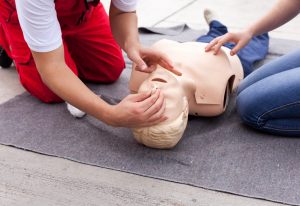
First Aid
3rd & 4th June – Level 3 Award in First Aid at Work Refresher (RQF)
17th June – Level 3 Award in Emergency First Aid at Work (RQF)
17th – 19th June – Level 3 Award in First Aid at Work (RQF)

Train the Trainer
10th – 12th June – First Aid Trainer / Assessor
13th June – Defib Instructor Course

Employment Skills
6th June – Interview Skills
20th June – Employability Skills
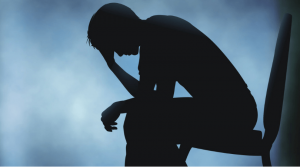
Mental Health
27th & 28th June – Mental Health First Aid (Wales) (Adult)
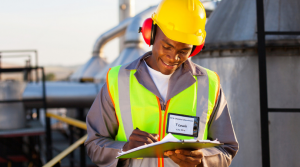
Health & Safety
24th June – Level 2 Award in Safe Moving & Handling (RQF)
25th – Level 2 Award in Fire Safety and Fire Marshal (RQF)
26th – Level 2 Award in Food Hygiene (RQF)
Book a course
Click here to book on a course online
Or speak to the team on 02920 576883
How safe is your building?
In light of last weeks tragic event in London, we have decided to focus this week’s blog on how to ensure that your building is as fire safe as it can be. Following on from our last blog regarding the importance of Fire Drills in the workplace, we will be highlighting prevention and protection measures that you can take. In a time where many people will be feeling incredibly worried about how to protect their buildings from fire, Ajuda will be offering a 20% discount off any of our in-house and our online Fire Safety courses.
Prevention
Fire prevention is the act of stopping fires from occurring. It is just as important to have a Fire Prevention plan in place as safety measures in the actual event of a fire.
Fire prevention measures may include matters such as:
– The prohibition of smoking on the premises.
– Adequate cleaning of work areas – keeping them clutter free. Bad housekeeping can not only cause a fire and help it spread, it can also hinder safe evacuations, obstruct access to firefighting equipment and obstruct fire exits.
– Avoiding the use of portable heaters and coolers.
– Preventing the accumulation of easily ignitable rubbish or paper.
– Regular risk assessments.
– Put in place security provisions that may help to reduce the risk of an arson attack.
– Positioning of heat sources to prevent contact with combustible material such as paper.
– Regular maintenance programmes of electrical equipment and wiring.
– Positioning of heaters and other machinery so that ventilators aren’t obstructed.
– Report electrical hazards.
– Never block sprinklers, firefighting equipment or emergency exits. Observe clearances when stacking materials.
– Ensure at least one person in the building is trained in how to use a fire extinguisher correctly.
Basically, fire prevention is focused on the principle of keeping fuel sources and ignition sources separate. If something creates heat, keep things that burn away from it.
Protection
Fire protection can save lives and minimise the amount of damage when a fire does occur. Some fire measures are built into a property whereas others can be introduced later (sometimes as a result of a fire risk assessment). There are two types of fire protection measures, either active or passive controls:
An Active Control Measure requires an action by somebody or something (e.g automated system) when a fire is detected. Examples include:
– Fire alarm systems
– Smoke detectors
– Emergency lighting
– Sprinkler systems
– Fire extinguishers, blankets and hoses
A Passive Control Measure are usually physical features that have been designed to make a building safer. Examples include:
– Compartmentation (e.g. fire-resistant walls, ceilings and doors to restrict fires from spreading)
– Fire exits
– Multiple escape routes and refuges
– Clear signage and emergency lighting
If you would like to take advantage of our current discounts please click here for our online training portal and here for our in-house fire safety course.
Ajuda installs AED Defib at Newport Cathedral
Ajuda installed a Defib at Newport Cathedral, an active Christian community and place of worship situated on top of Stow Hill and overlooking the city of Newport. Members of the church have recently acknowledged the importance of having an automated external defibrillator (AED) in their parish and have called on Ajuda to install one and teach them how to use it. A defibrillator is a very important piece of equipment that can truly help to save a life by giving a high energy electric shock to the heart in certain types of cardiac arrest. Cardiopulmonary Resuscitation (CPR) alone raises a person’s chance of survival from a cardiac arrest to 4%; CPR combined with the use of an AED increases the chance of survival to 74%.
There are currently many ongoing appeals in the UK to make it mandatory to have defibrillators installed in public places; so, this is a very positive and significant step for the church. The AED, funded by a member of the parish, has been installed and is ready to use in an emergency. Ten parishioners underwent training from Dawn Evans. They learnt how to perform CPR and how to use an AED. In recognising the significance of defibrillators and taking action, the parish is really looking after their community – it is a very important and worthy step forward. By taking this training and having the AED installed, in the unfortunate event that somebody suffers a cardiac arrest when inside or nearby the Cathedral, they will be in well-trained hands and will have an increased chance of survival.
For more information on this story please visit Business News Wales
South Wales Safety Groups Alliance – Inaugural Conference
The Ajuda team will be attending the South Wales Safety Groups Alliance Inaugural Conference on Wednesday the 13th April at Cardiff City Stadium. We are excited to be a part of this event that, like us, places so much importance on health and safety. Ajuda will be located at exhibit stand number 13. The event is being organised jointly by IOSH’s South Wales Branch, Wales IIRSM Branch, the South Wales Construction Safety Group, the Cardiff and South East Wales Occupational Health and Safety Group, and the Swansea and West Wales Occupational Safety Group.
on Wednesday the 13th April at Cardiff City Stadium. We are excited to be a part of this event that, like us, places so much importance on health and safety. Ajuda will be located at exhibit stand number 13. The event is being organised jointly by IOSH’s South Wales Branch, Wales IIRSM Branch, the South Wales Construction Safety Group, the Cardiff and South East Wales Occupational Health and Safety Group, and the Swansea and West Wales Occupational Safety Group.
The goal of the event is to work together to improve the safety, health and wellbeing of employees in South Wales – something that Ajuda is extremely passionate about too. The conference is set to provide attendees with the latest and most relevant information regarding health and safety, and, improve their knowledge of these problems. By attending, delegates will able to use the information gained at the event to help reduce both the consequences and the costs of workplace injury or illness, hopefully, sharing the knowledge they gain with their employers or fellow employees. At the event there will be guest speakers, networking and other exhibits such as ours.
The event is aimed at health and safety professional’s managers and directors, as well as those who are studying for occupational health and safety qualifications. Members of Ajuda will be at the event all day promoting our courses such as Health and Safety, Manual Handling and, most recently the CCNSG passport.
We are really looking forward to being involved with this and hope to see some of you there!
